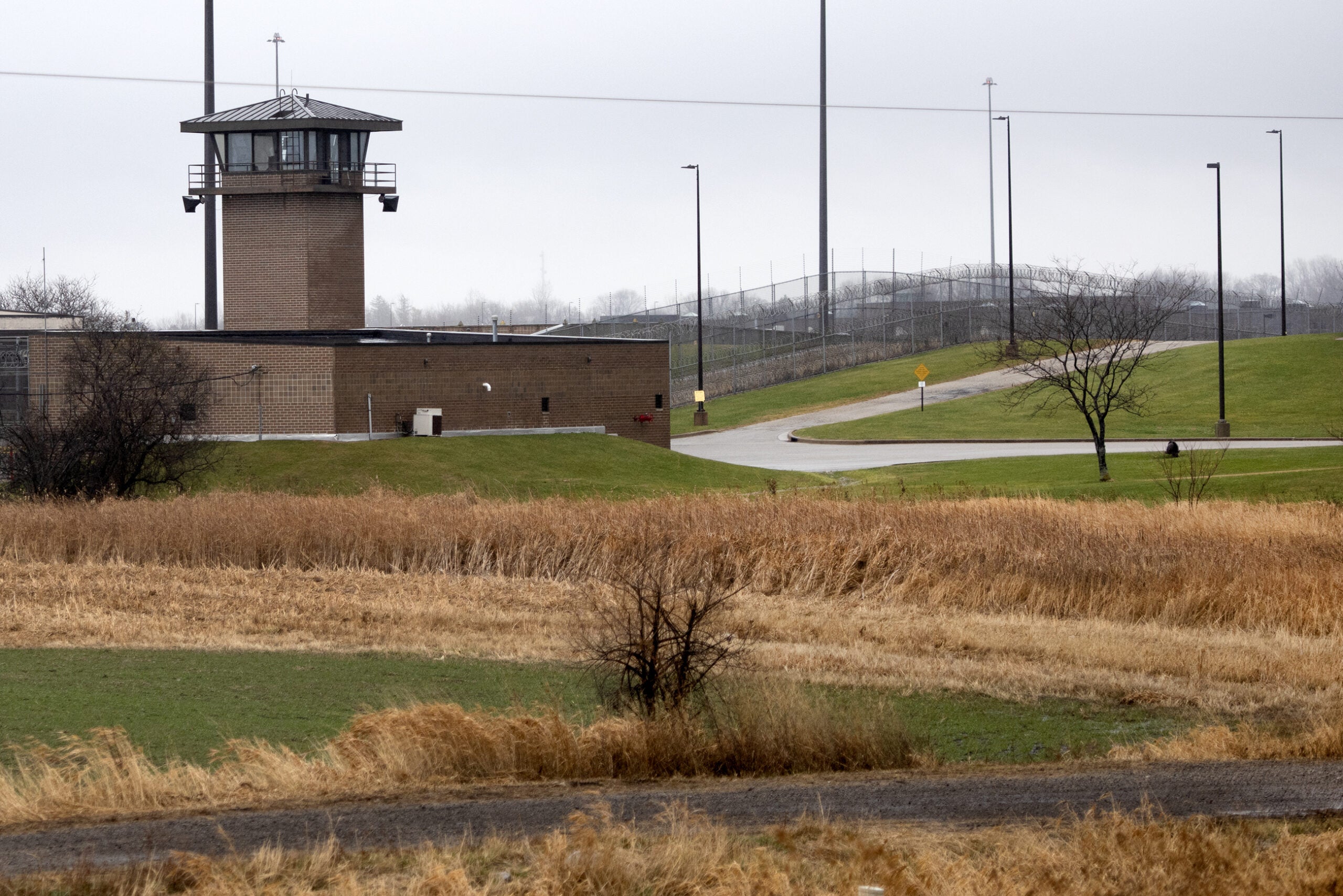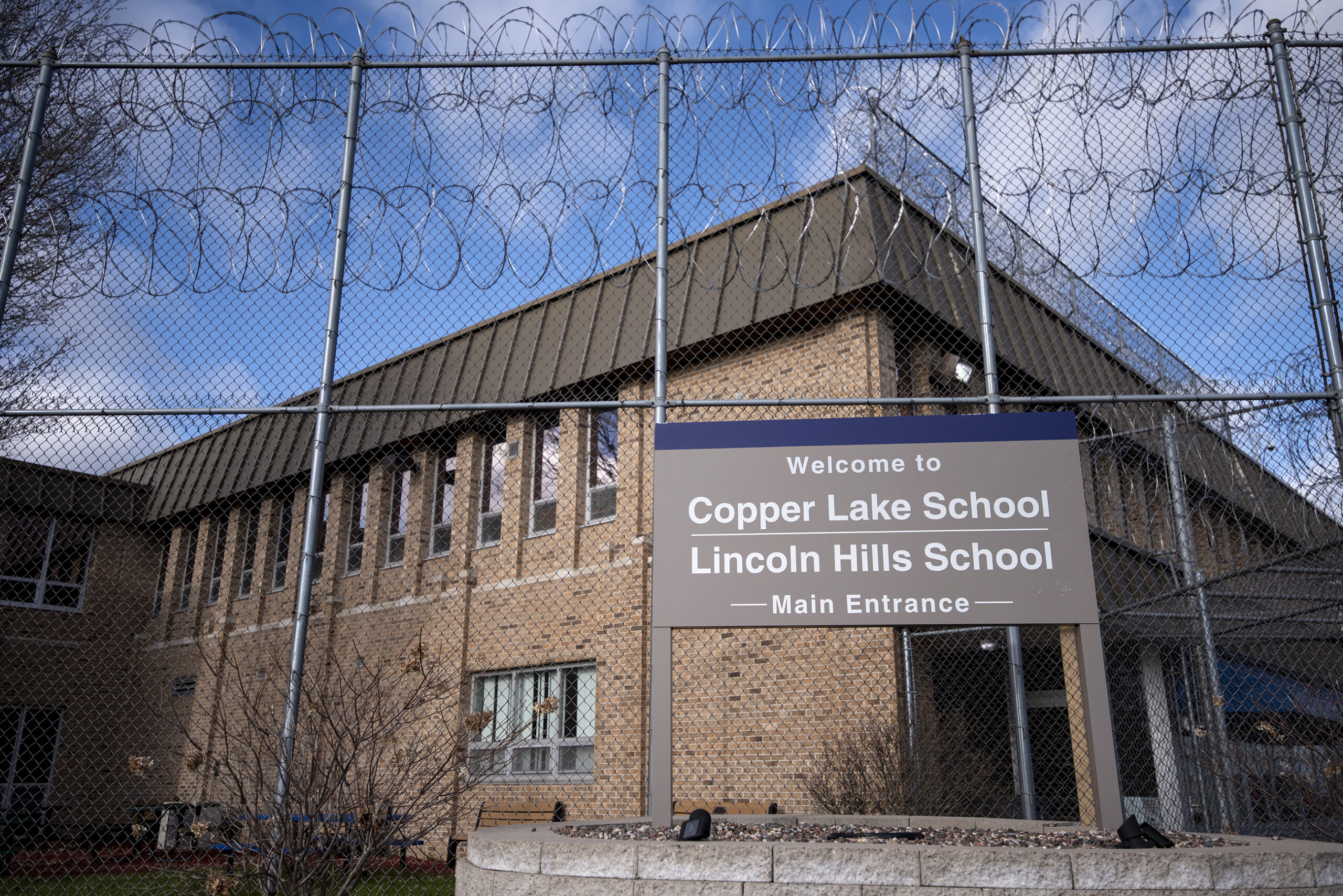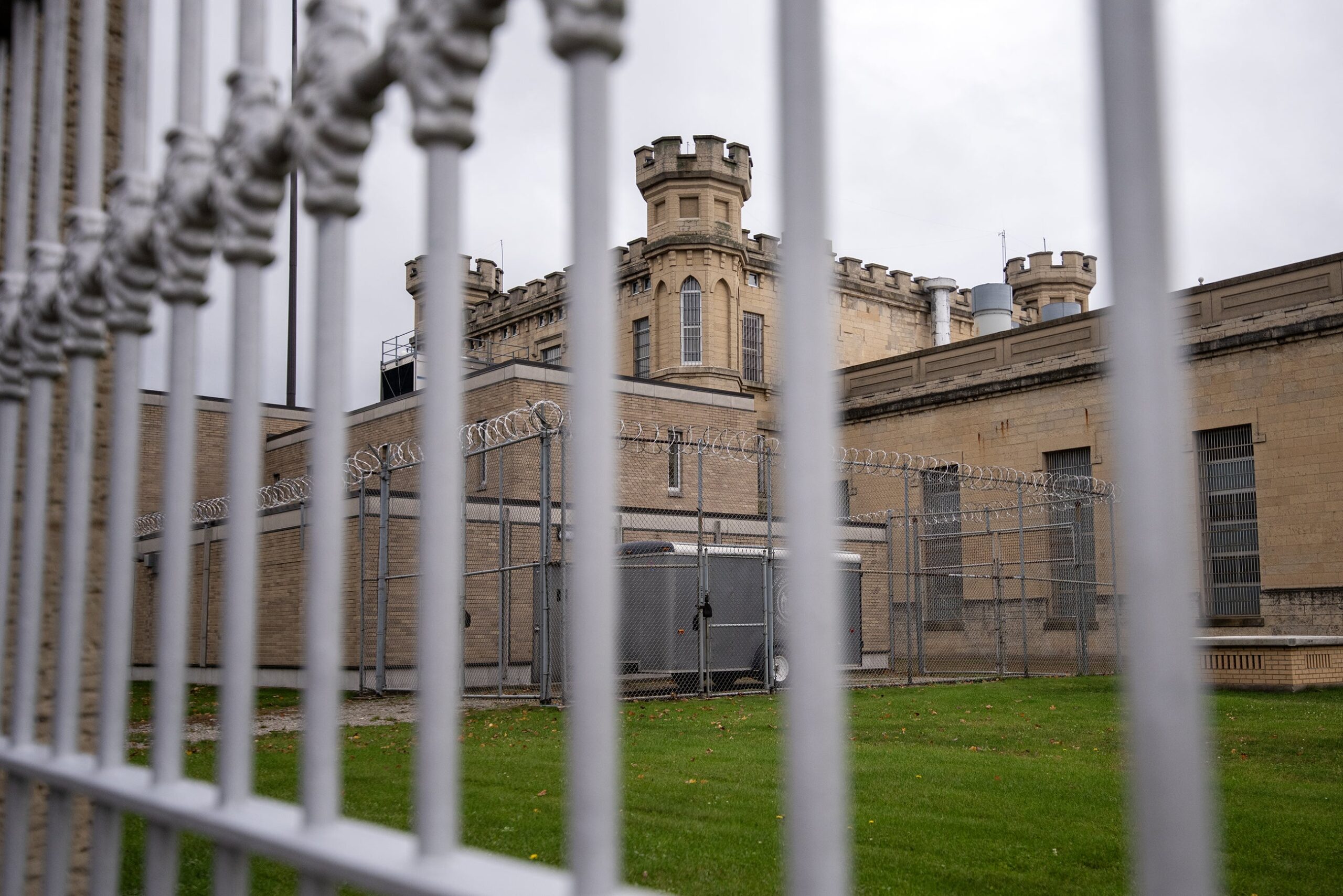A prison reform group brought a life-size replica of a segregation cell to the steps of the state Capitol on Wednesday to dramatize their demands for ending the use of solitary confinement for Wisconsin inmates with mental illness.
Standing outside the WISDOM replica cell answering questions was LaVeala Ball Johnson, who served time in such a cell at the Taycheedah Women’s prison in Fond du Lac. She said lengthy stays in such cells certainly don’t improve an inmates mental health.
“Within my stay in Taycheedah, there was a young lady that was normal when she went to segregation. She had to do two years in seg, and when she came out she wasn’t all the way there,” said Johnson.
News with a little more humanity
WPR’s “Wisconsin Today” newsletter keeps you connected to the state you love without feeling overwhelmed. No paywall. No agenda. No corporate filter.
A 2012 legislative audit bureau report found that 46 percent percent of the inmates held in state segregation units were diagnosed with a severe mental illness.
Kate Edwards is an ordained Buddhist pastor who visits inmates in segregation on a regular basis. She told a crowd gathered on the Capitol steps the men she she works with if they’re not already mentally ill are headed in that direction.
“Prison itself is punishment enough,” she said. “Allowing people to be tortured in prison simply can no go on.”
Democratic candidate for lieutenant governor John Lehman attended the rally. He said while he’s sympathetic with the need for reform, he’s not sure what the alternative is for controlling unruly inmates with mental illness.
“How much additional mental health service is this going to cost? Do we need new facilities. How do we do that? I think nobody standing on the steps here today really knows all the answers to that,” said Lehman.
New rules for disciplining inmates published this week by the Corrections Department require prison officials to consider an inmate’s mental health status before placing him or her in segregation.
Wisconsin Public Radio, © Copyright 2026, Board of Regents of the University of Wisconsin System and Wisconsin Educational Communications Board.





